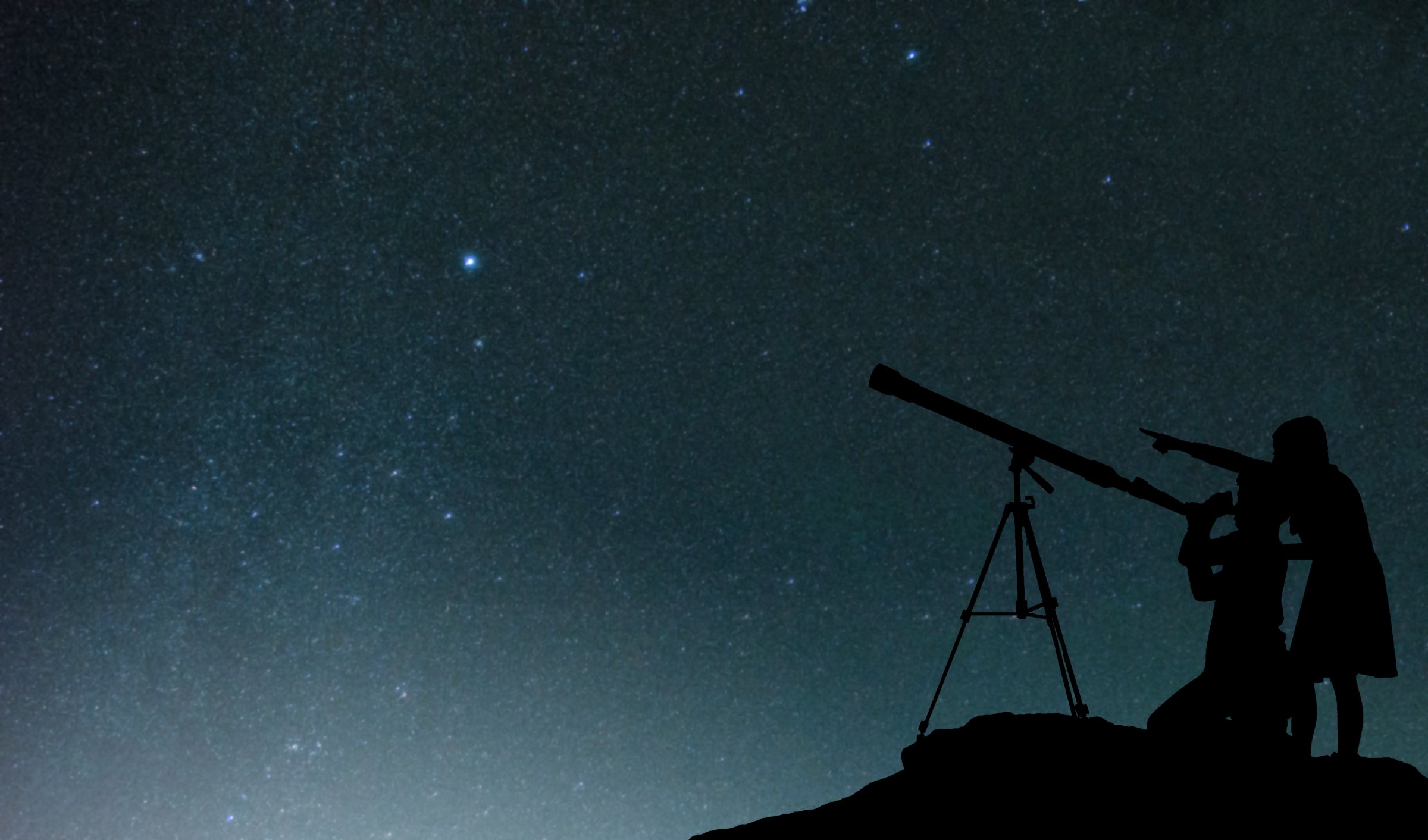
If you caught the Geminid meteor shower earlier this week, stay tuned for another celestial phenomena on Saturday night: 3200 Phaethon.
On Dec. 16, a three-mile-wide asteroid called 3200 Phaethon will make its closest pass of Earth in at least 45 years, coming with 6.4 million miles of our planet, according to NASA estimates. The asteroid orbits Earth every 523 days, according to Space.com, coming within varying distances of the planet each time.
While 3200 Phaethon does skim past Earth closely enough to earn a Potentially Hazardous Asteroid label from NASA — which the agency says “does not mean a PHA will impact the Earth,” only that there’s the “possibility” of it happening someday — it’s likely nothing to worry about, Boston University astronomy professor Michael Mendillo said in an interview with TIME.
“This object appears to be, at the moment, in a very stable orbit. It’s very predictable. If no other mass comes close to it, those predictions will be accurate for thousands of years,” he said.
In fact, 3200 Phaethon — which is responsible for the Geminid meteor shower — provides an interesting opportunity for amateur astronomers. Though it won’t be visible to the naked eye, you may be able to catch a glimpse with a personal telescope when it passes by Earth on Saturday. It will be visible for weeks, but EarthSky says that the peak viewing time will be Saturday at 22 UTC, or 6 p.m. Eastern Standard Time.
More Must-Reads From TIME
- The 100 Most Influential People of 2024
- Coco Gauff Is Playing for Herself Now
- Scenes From Pro-Palestinian Encampments Across U.S. Universities
- 6 Compliments That Land Every Time
- If You're Dating Right Now , You're Brave: Column
- The AI That Could Heal a Divided Internet
- Fallout Is a Brilliant Model for the Future of Video Game Adaptations
- Want Weekly Recs on What to Watch, Read, and More? Sign Up for Worth Your Time
Write to Jamie Ducharme at jamie.ducharme@time.com